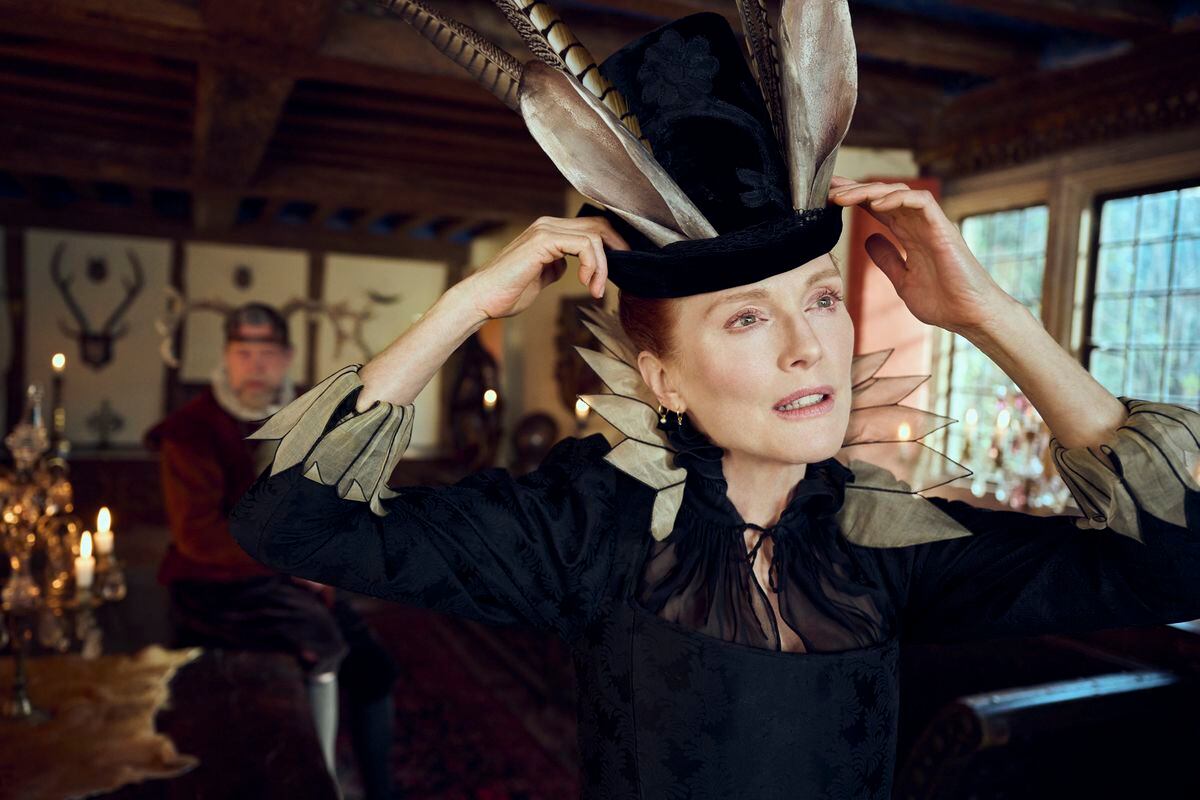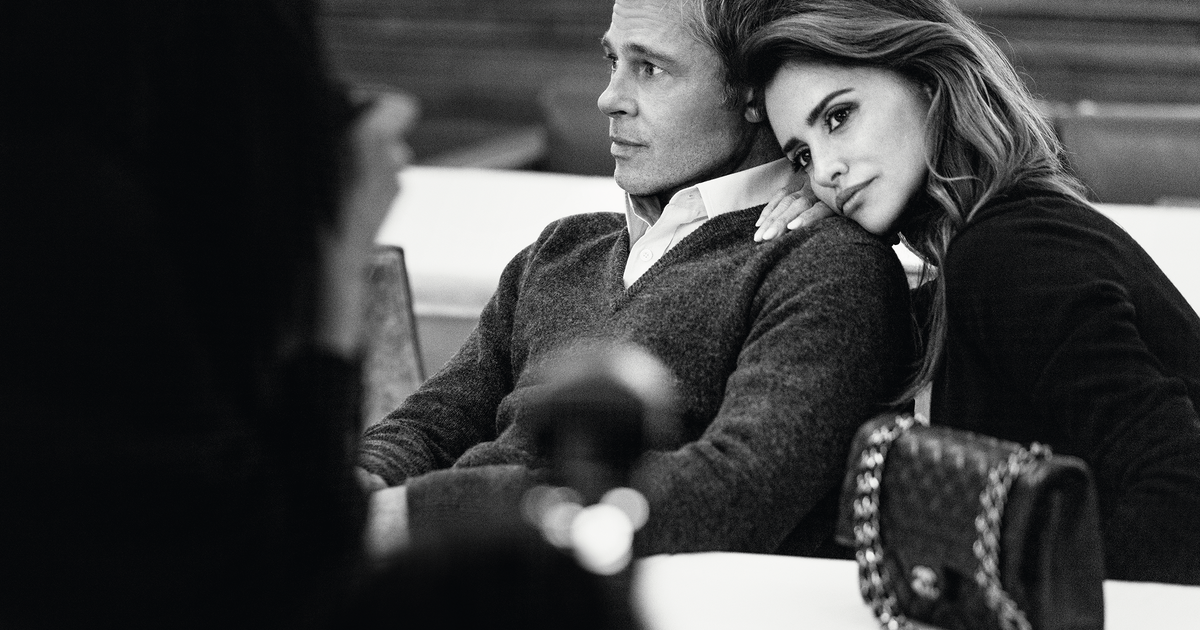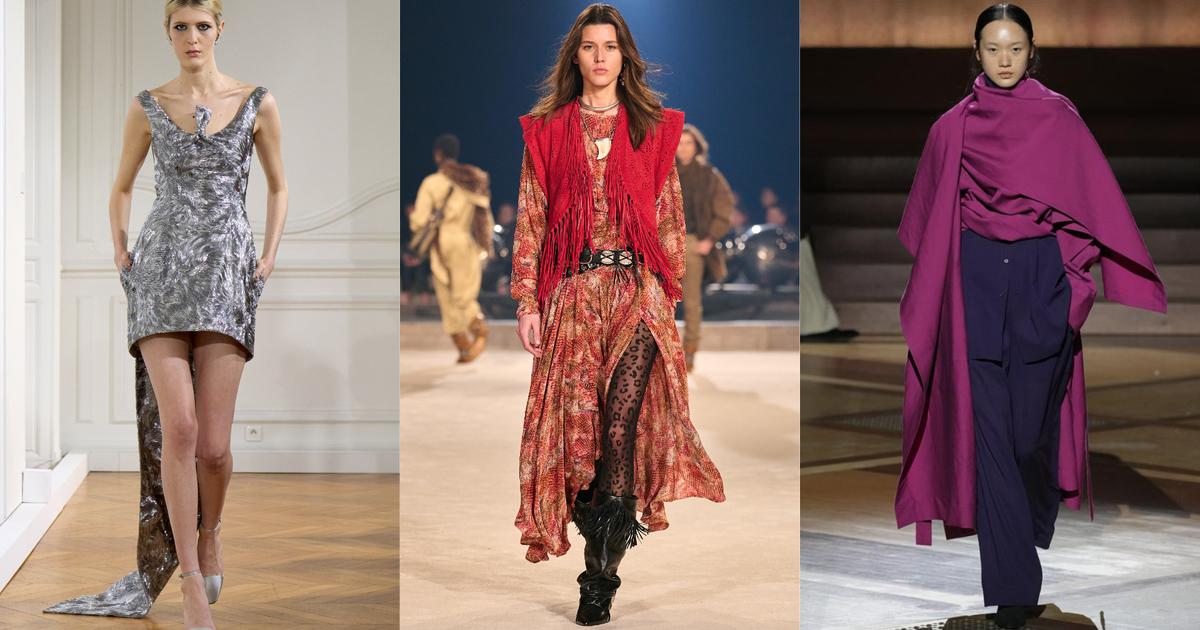Tilda Swinton, pictured this summer.Nico Bustos
When a director has Tilda Swinton, he knows that he adds someone to his project who will go to death with his work.
The most radical filmmakers line up to work with her.
So it was difficult for Pedro Almodóvar to find a better travel companion in his particular version of Jean Cocteau's monologue
The Human Voice,
which the Spanish filmmaker had already introduced in
The Law of Desire
and in
Women on the Verge of a Nervous Breakdown.
Also, his first job has been turned into English.
Today, Wednesday, something unprecedented for a medium-length film opens, at a reduced price, on 111 screens:
The Human Voice
lasts 30 minutes.
On the beginning of this strange journey, which stopped when the first wave of the coronavirus arrived in March, Swinton remembers, via email, how the proposal came to him: “Miraculously, an
arrived
with this extraordinary invitation.
I was in Colombia, last year, filming with Apichatpong Weerasethakul, in a little house in the mountains, when I opened it.
Pedro and Cocteau wanted me to dance with them ”.
Criticism of 'The human voice': the woman of fire
Pedro Almodóvar: "The algorithm terrifies and horrifies me"
The London actress, who will turn 60 on November 5, won the Oscar with
Michael Clayton,
surely one of the least risky films of her career.
Swinton started in film with Derek Jarman, and became popular with
Sally Potter's
Orlando
(1992), and over time has built an irrefutable résumé, with regular collaborations with Luca Guadagnino and Wes Anderson, and work on films by Jim Jarmusch. , Bong Joon-ho, Béla Tarr or Terry Gilliam.
"I choose for people over other conditions," he says.
An example of his involvement: in October 2018 he received an honorary award at the Sitges festival.
On the stopover in London on the flight to Barcelona — Swinton lives in a town near Inverness, in the Highlands, Scotland — she learned of her father's death.
He decided to go to the festival: he had already said goodbye to his father.
She arrived at the hotel, wore a spectacular red dress, went on stage and after thanking the award, she confessed: "My father died this morning."
He talked about what his father would have dreamed and fantasized about that last week in a coma.
"I hesitated to come, and I decided that yes, it is a festival about fantasy."
As if now stopped by a pandemic.
Filming of 'The human voice'.
In the video, trailer of the film.
And it did not happen.
As soon as the state of alarm ended, Swinton returned to Madrid to film, surrounded by health security measures,
The Human Voice,
the descent into hell of an abandoned lover.
“We shot quickly and smoothly.
It was like working under water or on a ledge, in a very singular state of alteration caused because it is a monologue - no one gives you the reply - by the dramatic arc in which my character lives, and my hypersensitivity so that the film would not fall in monotony.
It was impossible to take a breath ... It was a kamikaze leap of faith, "he writes.
And about the ghost of the coronavirus on the set, he reflects: “At any moment, it would have been the dream job.
But shooting in Madrid in July, as the first action after spending three months in confinement, was even more stimulating for everyone, a firm act of celebration of cinema and its infinite power to adapt and survive ”.
Because for Swinton, art, whatever the circumstances, is our best "chance."
Against covid-19, culture.
“It is that art serves to fill the experience of living in society with meaning, it is a true foothold of compassion and camaraderie, which always provides us with comfort and inspires us to have faith in the possibility of understanding the other, of experiencing them things and reach solidarity conclusions about the world we live in.
I bet on the capacity of imagination, and of cinema in particular, to develop and continue nurturing our souls to face almost anything ”.
Swinton had never seen theater or opera adaptations of
The Human Voice.
He did know audiovisuals, such as
El amor,
by Roberto Rossellini with Anna Magnani or the telefilm starring Ingrid Bergman.
“Pedro has brilliantly taken her to another place.
How to tell the truth?
What is real and what is false?
How do you express your feelings of despair, anger, revenge not only for being abandoned, but also because you have been robbed of the opportunity to question whoever abandons you? " "What a battle, says the actress," not to be canceled, turned into someone without an identity.
And he ends: “The mocking combination of insecurity and vulnerability is something that interests me a lot about Pedro's work.
And here he takes the despair and defeat of Cocteau, who draws a woman with no way out immersed in endless pain, to offer her a cleansing purge of fire and a new beginning.
Because for the actress, Almodóvar is a "complete filmmaker."
And he explains: “He has developed and established an Almodovarian universe, unique in details, rhythm, landscapes of emotion and unmistakable points of view.
I have always revered him since I discovered him in the eighties.
Now, being invited to enter it as a colleague has been one of the emotions of my life ”.
To make her knowledge of that universe clear, delve into what it means for her to be an Almodóvar girl.
“Maybe because I have been such a devoted fan of his cinema and I feel it so familiar, like a song I know by heart, I had never expected to hear that song with my voice.
Those challenges were carried out by women who I came to know and adore through Pedro's films.
The glorious Carmen, Marisa, Rossy, Penelope, Chus, Cecilia, Victoria, Julieta, Kiti and many others.
They continue the legacy of classic Hollywood women, who created a dream world for the rest: Mae, Louise, Bette, Greta, Marlene, Carole, etcetera.
Ingenious, voluptuous, vulnerable, passionate and modern.
Those Almodovarian portraits are, in my opinion, almost unique, of course in Western cinema, in collecting that heritage and adapting it to modern discourse.
Putting myself at the end of that list is a source of enormous, unexpected and exquisite pride ”.
AN ACTRESS WHO NEVER STUDIED INTERPRETATION
Tilda Swinton shuns the term actress to define herself.
And in that speech there is not a crack: "I would never call myself that. I have never studied acting, nor do I try to act. After 30 years, if I'm honest, I don't know much more about it. And it doesn't worry me either. My interest in cinema , in making movies, actually, which began when I met Derek Jarman, never required that knowledge, and it did require a degree of knowing how to move, to be present in a plane closer to dance than to theatrical performance. So yes I have to define myself, I would say that I am a 'performer'.
What's more, he also doesn't believe in dramaturgical techniques or skills.
"Actually, since I've been in front of the cameras for so long, I know more - and I'm more interested - about how it works, about technology, than about acting."

/cloudfront-eu-central-1.images.arcpublishing.com/prisa/CTOAIM6ZHVD53IOT5AM4F2X7TI.jpg)
/cloudfront-eu-central-1.images.arcpublishing.com/prisa/IE26LATUIVAT5LDPMR4MW5K4GQ.jpg)




/cloudfront-eu-central-1.images.arcpublishing.com/prisa/ARSNWB2XLVCKLA6C6ZSJWYORGE.jpg)

